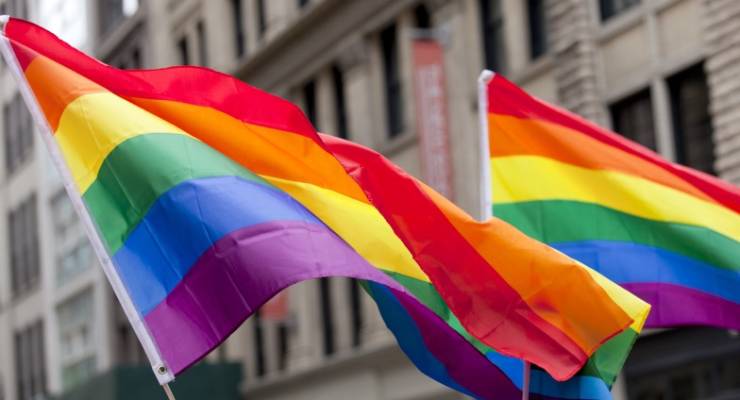
The loss of last Saturday’s referendum on marriage equality in Taiwan, arguably Asia’s stand-out progressive society, was a major blow for LGBTIQ rights in a region where sexuality and gender differences continue to cause significant problems, including active persecution for millions of people.
Many Southeast Asian countries look to Taiwan for leadership in throwing off the shackles of more repressive traditional culture. It is a set-back for tens of millions of people, for their families and for human rights.
The referendum was the result of a policy reversal by President Tsai Ing-wen’s Democratic People’s Party which had been preparing to legislate for gay marriage, but changed course to put the issue to voters directly, after intense pressure from conservatives.
In the end, the DPP still suffered major losses in local and regional representatives, losing out to arch rival party, the Kuomintang. This triggered Tsai’s resignation as her party’s chairman, making the original decision to halt legislating for same sex marriage something of an own-goal.
The Taiwanese capital Taipei has developed a lively, diverse and very open gay scene. Like Bangkok, which has lead the region in offering access to screening and medication for HIV, Taiwan is something of a beacon for LGBTIQ activists. In much of Asia, same-sex intercourse is still illegal, including in Pakistan, Sri Lanka, Bhutan, Bangladesh and Myanmar. This year, India passed a law decriminalising it, following a similar move by Nepal in 2007. China and Vietnam have also decriminalised these activities in recent decades.
In Bangladesh, life imprisonment is one possible punishment, and Malaysia’s famously harsh “sodomy” laws ensnared prime minister in waiting Anwar Ibrahim, landing him in prison on two separate occasion. Gay sex is also illegal in Singapore where a two-year prison sentence is possible, belying the island city’s growing and open gay bar district.
In Indonesia while there are no specific anti same-sex activity laws, police regularly raid gay bars and saunas, and in the province of Aceh, where Shariah law operates, two gay men were recently publicly caned for having sex. Brunei also operates under sharia law. Meanwhile, Theravada Buddhism, practised in Sri Lanka, Thailand, Cambodia, Myanmar and Laos has a strong view on gay sex, muddying the waters for activists in those countries.
Similarly, both the Catholic and Presbyterian Churches in Taiwan, though representing a small minority of the population, had a hand in defeating the referendum, with a public campaign against same sex marriage. This echoes the embarrassing injection by some senior Christian leaders in Australia during the plebiscite on marriage equality, particularly Sydney Archbishop Anthony Fisher.
Religious groups, in attempting to debate marriage equality around the world, are conflating state-sanctioned civil contracts with the religious ceremony celebrated by faiths around the world.
In mainland China, the situation is super-charged as a result of decades of one child policy. The usual route for gay people was to get married and bear the obligatory child. More recently, some gays and lesbians have formed marriages of convenience, but the vast majority of homosexual people live double lives trapped by parental loyalty and a state diktat that effectively forces them to produce heirs, damaging countless lives.








Asia hey. It’s almost like the majority are bigots.
Australia’s future is in Asia as we’re so often told
It looks like the political class there are as useless, and corruptly beholden to religious bigots as us poor bastards. Taiwan is a great LGBT.. destination to visit. Maybe across the strait the mothership should step in and offer their services? It would be a structural coup if they did.